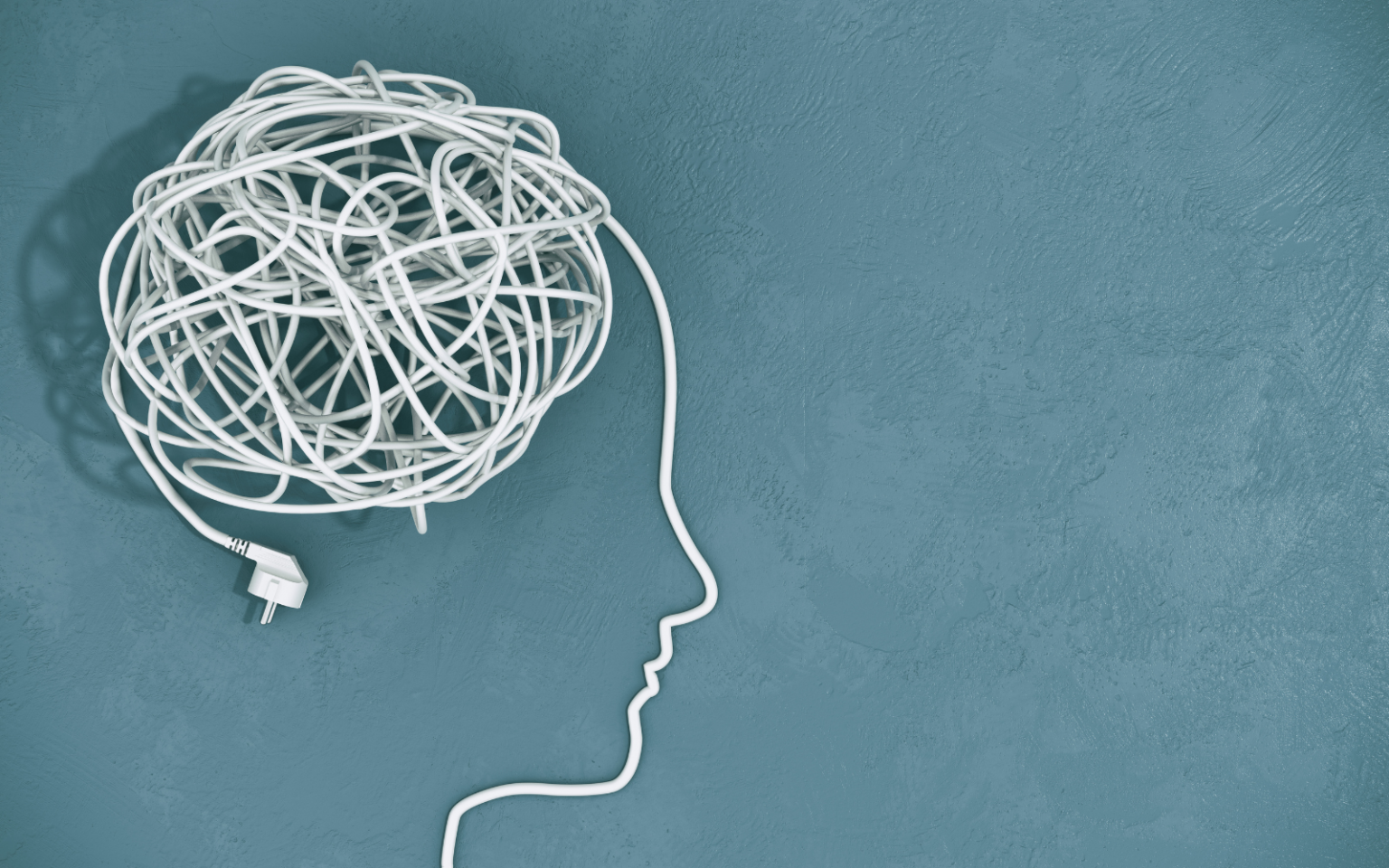Eighteen months ago, it was plausible that artificial intelligence (AI) might take a different path than social media. Back then, AI’s development hadn’t consolidated under a small number of big tech firms. Nor had it capitalised on consumer attention, surveilling users and delivering ads. Unfortunately, the AI industry is now taking a page from the social media playbook and has set its sights on monetising consumer attention. When OpenAI launched its ChatGPT Search feature in late 2024 and its browser, ChatGPT Atlas, in October 2025, it kicked off a race to capture online behavioural data to power advertising. It’s part of a yearslong turnabout by…
Author: The Conversation
Artificial intelligence (AI) is increasingly woven into everyday life, from chatbots that offer companionship to algorithms that shape what we see online. But as generative AI (genAI) becomes more conversational, immersive and emotionally responsive, clinicians are beginning to ask a difficult question: can genAI exacerbate or even trigger psychosis in vulnerable people? Large language models and chatbots are widely accessible, and often framed as supportive, empathic or even therapeutic. For most users, these systems are helpful or, at worst, benign. But as of late, a number of media reports have described people experiencing psychotic symptoms in which ChatGPT features prominently. For a small but…
Cut the words “please” and “thank you” from your next ChatGPT query, and if you believe some of the talk online, you might think you are helping save the planet. The idea sounds plausible because AI systems process text incrementally: longer prompts require slightly more computation and therefore use more energy. OpenAI’s chief executive Sam Altman has acknowledged it all adds to operating costs at the scale of billions of prompts. At the same time, it is a stretch to suggest that treating ChatGPT politely comes at significant environmental cost. The effect of a few extra words is negligible compared with the…
The global outcry over the sexualisation and nudification of photographs – including of children – by Grok, the chatbot developed by Elon Musk’s artificial intelligence (AI) company xAI, has led to urgent discussions about how such technology should be more strictly regulated. But to what extent can technology also be used to prevent this explosion in the generation and sharing of deepfake content of real people, without their knowledge or consent? On January 10, Indonesia became the first country to announce it was temporarily blocking access to Grok, followed soon after by Malaysia. Other governments, including the UK’s, have promised to take action against the chatbot…
Imagine you’re shopping for a dinner party this weekend and you spot some nice, but expensive, bottles of wine. You’re not sure if you can afford them, but before you can even open your banking app to check, a lightweight head-worn wearable has already registered the neural activity involved in your mental calculation. It transmits the data to your phone, which confirms that they’re within your budget. In this scenario, you’d be using neurotechnology. We’re increasingly accustomed to relying on consumer wearables like smartwatches and fitness apps that measure and assess our physical parameters, but for most of us, that’s…
When Elon Musk talks about robotics, he rarely hides the ambition behind the dream. Tesla’s Optimus is pitched as an all-purpose humanoid robot that can do the heavy lifting on factory floors and free us from drudgery at home. Tesla is targeting a million of these robots in the next decade. But is Musk likely to succeed? A few years ago, the thought of a friendly, capable household robot belonged in science fiction. We could imagine machines that danced, shifted boxes or played chess, but not ones that understood us well enough to be genuinely helpful. Then came generative artificial intelligence, or gen AI.…
After a string of dramatic failures, the huge Starship rocket from SpaceX had a fully successful test on Oct. 13, 2025. A couple more test flights, and SpaceX plans to launch it into orbit. A month later, a rival rocket company, Blue Origin, flew its almost-as-large New Glenn rocket all the way to orbit and sent spacecraft on their way to Mars. While these successful flights are exciting news for future missions to the Moon as well as other planets, I’ve argued for several years that these superheavy-lift rockets can also boost research in my own speciality, astronomy – the study of stars and galaxies far beyond our solar system…
One of the first modern coworking spaces, C-Base in Berlin, was launched 30 years ago by a group of computer engineers as a “hacker space” in which to share their tech and techniques. Similarly, many of the people we first encountered in our anthropological research into the emerging world of digital nomadism in the mid-2010s were hackers and computer coders. Nearly a decade later, we returned to Chiang Mai to see what had happened to these pioneers of the borderless, desk-free life. We wondered if they had been put off by the throngs of travellers who have followed in their sandal-clad footsteps, attracted by glamorous…
The amount of renewable energy produced around the world is increasingly exceeding demand – particularly from wind and solar sources. This presents a significant challenge when limited grid capacity and insufficient energy storage mean this clean power has to be curtailed, wasting the excess generation. The scale of this problem is substantial. In the UK, for example, wind farms were forced to curtail 4.3 terawatt (trillion watt) hours of surplus energy – about 5% of their annual output – in 2023. This would have been enough to power 1.5 million homes for the year, so failing to harness it cost bill payers…
When Roro (not her real name) lost her mother to cancer, the grief felt bottomless. In her mid-20s and working as a content creator in China, she was haunted by the unfinished nature of their relationship. Their bond had always been complicated – shaped by unspoken resentments and a childhood in which care was often followed closely by criticism. After her mother’s death, Roro found herself unable to reconcile the messiness of their past with the silence that followed. She shared her struggles with her followers on the Chinese social media platform Xiaohongshu (meaning “Little Red Book”), hoping to help them with…










